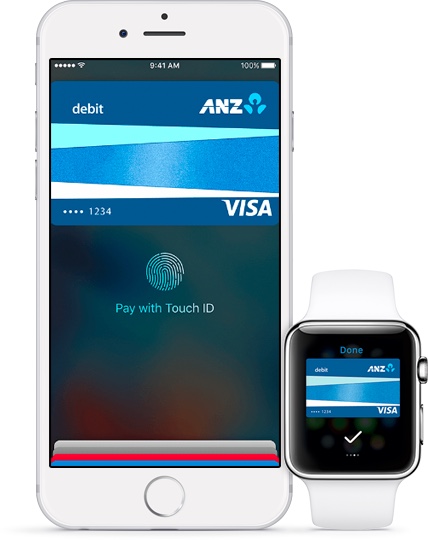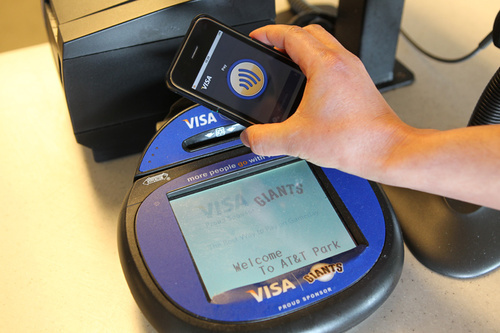Apple has fired back in its battle with three Australian big banks, over their attempt to gain access to the iPhone’s NFC hardware for use in their own mobile payments solutions.

In a sign of growing acrimony between the world’s largest company and the Commonwealth Bank of Australia, National Australia Bank and Westpac Banking Corp, Apple told the Australian Competition and Consumer Commission that “allowing the banks to form a cartel to collectively dictate terms to new business models and services would set a troubling precedent and delay the introduction of new, potentially disruptive technologies”.
The three banks joined together last month to file an application with the ACCC, in an attempt to force Apple into negotiations for access to its NFC hardware found in the iPhone that allows payments via the Cupertino firm’s Apple Pay contactless payments solution. The three banks have not yet entered into an agreement to offer Apple Pay to their customers.
Apple fired back, via a three-page submission to the ACCC, and said providing access to the hardware would diminsh the high level of security the hardware offers to its users.
“Apple upholds very high security standards for our customers when they use Apple devices to make payments,” it said. “Providing simple access to the NFC antenna by banking applications would fundamentally diminish the high level of security Apple aims to have on our devices.
“Unfortunately, and based on their limited understanding of the offering, the [banks] perceive Apple Pay as a competitive threat. These banks want to maintain complete control over their customers. The present application is only the latest tactic employed by these competing banks to blunt Apple’s entry into the Australian market,” said Apple in a document signed by Marg Demmer, a former cards executive at ANZ Banking Group.
ANZ, the other member of the “big four” Australian financial firms, did not join with the other three banks in the ACCC application, as it is the only bank of the four to have made an agreement with Apple to offer Apple Pay to its customers. While the main sticking point in negotiations with any banks have long been the fee that Apple wants to receive as their cut of the transaction charges banks charge for credit and debit card transactions, it is unknown how much ANZ gave up to Apple to complete the agreement.
Apple asserts that the three banks want to force Apple to accept their terms, including allowing them to charge their customers that choose to use Apple Pay. The iPhone maker noted that it has “struggled” to reach any agreements with the other Australian banks, although it is currently in negotiations with some other Australian financial institutions.
Apple admitted that “given their scale and market share, the applicants are essential to Apple’s ability to offer Apple Pay on a meaningful basis within Australia.” However, it also noted that one of the banks involved in the application has refused to even enter into a confidentiality agreement with Apple to allow preliminary discussions about a deal.
Apple also told the ACCC that if it allowed the banks to engage in a collective boycott during the terms of the negotiations, it would slow innovation, and deny customer choice. It asked the ACCC to not provide an interim authorization, and to take the full six-month statutory period to properly assess the banks’ application.


